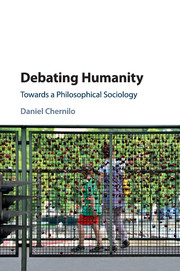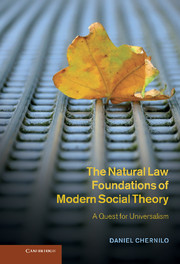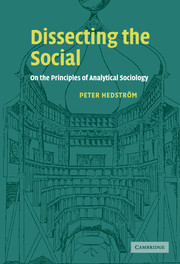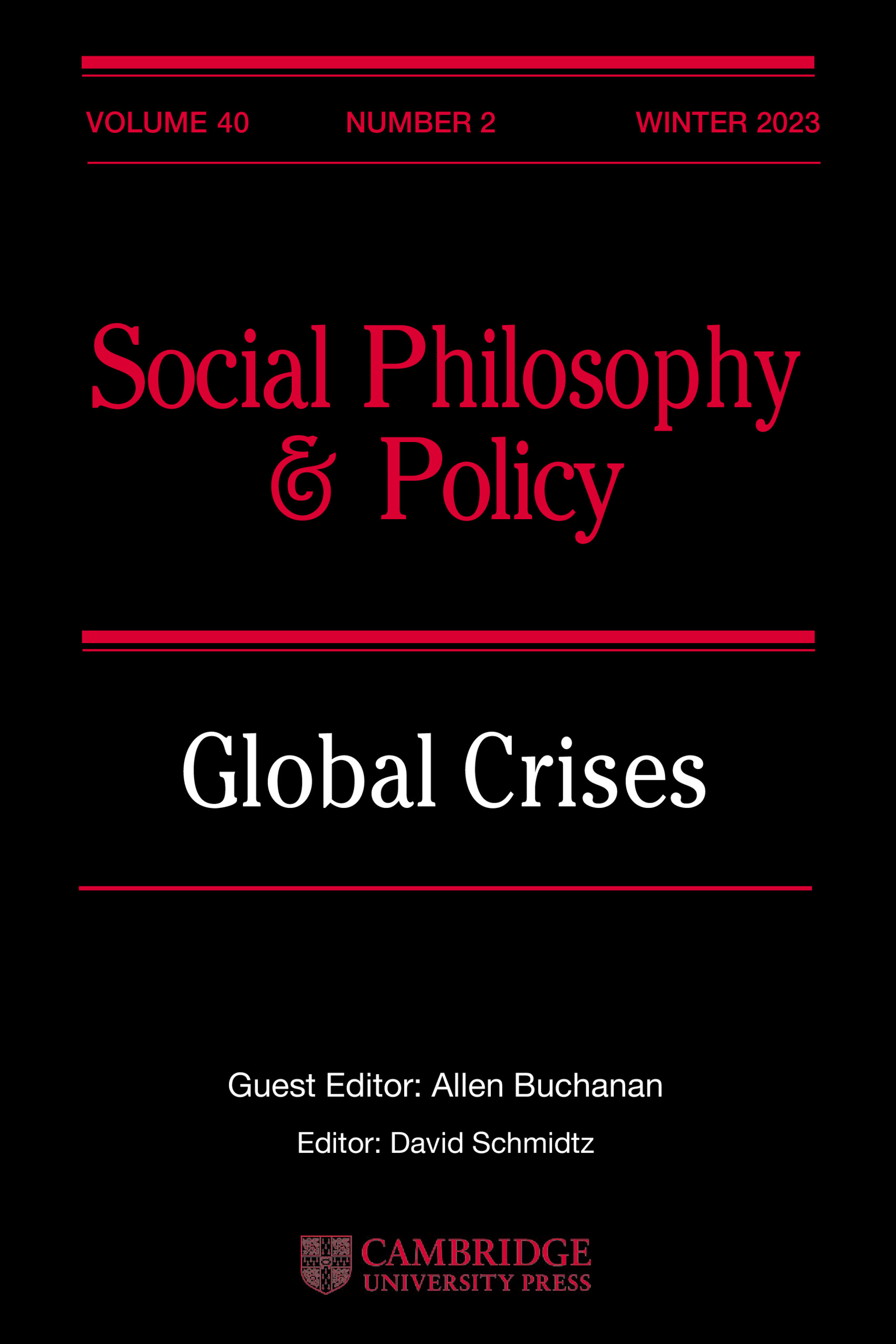Debating Humanity
Towards a Philosophical Sociology
- Author: Daniel Chernilo, Loughborough University
- Date Published: April 2018
- availability: Available
- format: Paperback
- isbn: 9781107569867
Paperback
Other available formats:
Hardback, eBook
Looking for an inspection copy?
This title is not currently available for inspection. However, if you are interested in the title for your course we can consider offering an inspection copy. To register your interest please contact [email protected] providing details of the course you are teaching.
-
Debating Humanity explores sociological and philosophical efforts to delineate key features of humanity that identify us as members of the human species. After challenging the normative contradictions of contemporary posthumanism, this book goes back to the foundational debate on humanism between Jean-Paul Sartre and Martin Heidegger in the 1940s and then re-assesses the implicit and explicit anthropological arguments put forward by seven leading postwar theorists: self-transcendence (Hannah Arendt), adaptation (Talcott Parsons), responsibility (Hans Jonas), language (Jürgen Habermas), strong evaluations (Charles Taylor), reflexivity (Margaret Archer) and reproduction of life (Luc Boltanski). Genuinely interdisciplinary and boldly argued, Daniel Chernilo has crafted a novel philosophical sociology that defends a universalistic principle of humanity as vital to any adequate understanding of social life. This title is available as Open Access on Cambridge Core.
Read more- Brings together philosophical and sociological arguments on what is a human being
- Offers a new approach that connects the normative dimensions of social life with the implicit articulation of ideas of the human
- A systematic study of leading contemporary theorists
- This title is available as Open Access on Cambridge Core
Reviews & endorsements
'This is a major work on the relationship between sociology and philosophy. It provides a thorough and insightful analysis into the meaning of the notion of humanity.' Gerard Delanty, University of Sussex
See more reviews'Chernilo's pathbreaking new book can be read as a most fruitful introduction to social philosophy, but it is much more than that: it re-invents the tradition of a philosophical sociology, thus bringing together the best of both worlds in a rigorous reflection of their anthropological underpinnings.' Hartmut Rosa, Friedrich-Schiller-Universität, Jena, Germany and Max Weber Center for Advanced Cultural and Social Studies, Germany
'Debating Humanity cuts across the grain of mainstream sociology, if not the social sciences as a whole, in proposing that sociology cannot ignore philosophy if it is to engage effectively in normative argument. Critical of the positivistic, narrow and inward-looking character of much contemporary sociology, Daniel Chernilo returns to earlier debates with philosophical anthropology in order to ground his advocacy of a normative and philosophical sociology by paying attention to the universalistic features of human life over and against sociology's obsession with the particularities of gender, race, and ethnicity. A triumph in terms of the challenge and the clarity of his vision.' Bryan S. Turner, The Graduate Center City University of New York, Australian Catholic University, Melbourne, and Universität Potsdam, Germany
'Daniel Chernilo, one of the more interesting social theorists emerging from Britain today, lays the foundation for a field he calls 'philosophical sociology', which aims for nothing less than a reorientation of social theory towards the twenty-first century. In these pages we catch a glimpse of someone who would recover a scope for sociology last seen in the writings of Max Scheler.' Steve Fuller, Auguste Comte Chair in Social Epistemology, University of Warwick
Customer reviews
Not yet reviewed
Be the first to review
Review was not posted due to profanity
×Product details
- Date Published: April 2018
- format: Paperback
- isbn: 9781107569867
- length: 270 pages
- dimensions: 230 x 154 x 15 mm
- weight: 0.42kg
- availability: Available
Table of Contents
Acknowledgements
Note on original versions
Introduction
1. The humanism debate revisited: Sartre, Heidegger, Derrida
2. Self-transcendence: Hannah Arendt
3. Adaptation: Talcott Parsons
4. Responsibility: Hans Jonas
5. Language: Jürgen Habermas
6. Strong evaluations: Charles Taylor
7. Reflexivity: Margaret Archer
8. Reproduction of life: Luc Boltanski
Epilogue
References
Index.
Sorry, this resource is locked
Please register or sign in to request access. If you are having problems accessing these resources please email [email protected]
Register Sign in» Proceed
You are now leaving the Cambridge University Press website. Your eBook purchase and download will be completed by our partner www.ebooks.com. Please see the permission section of the www.ebooks.com catalogue page for details of the print & copy limits on our eBooks.
Continue ×Are you sure you want to delete your account?
This cannot be undone.
Thank you for your feedback which will help us improve our service.
If you requested a response, we will make sure to get back to you shortly.
×




